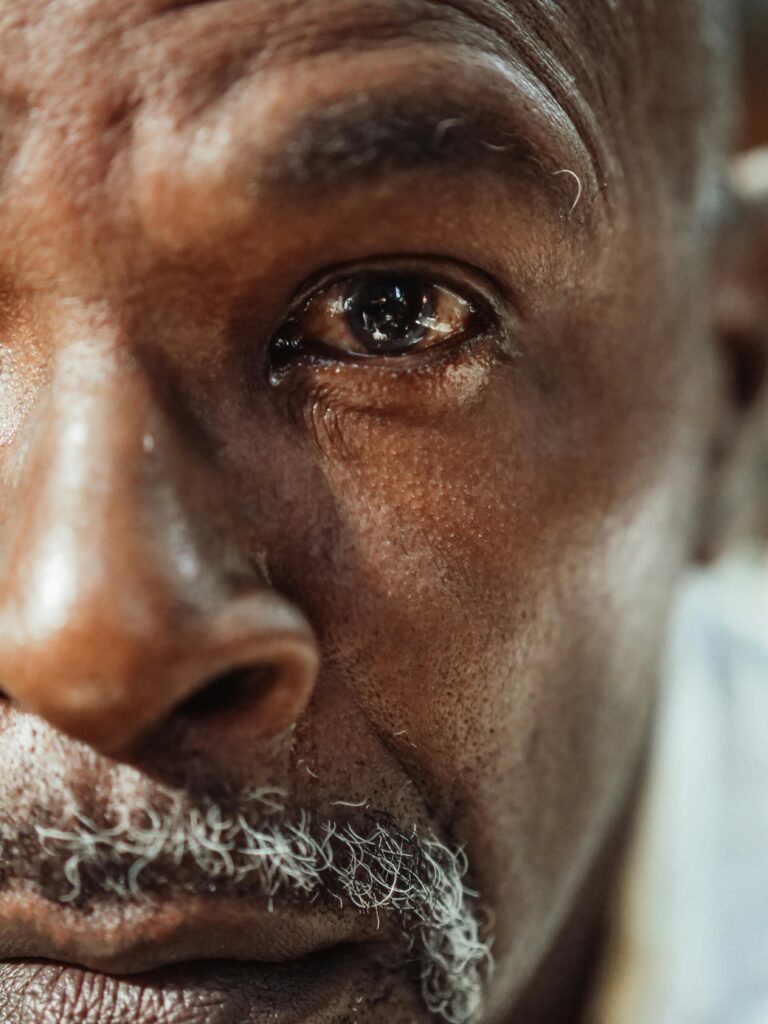
Most of us think of insurance as a safety net: something we hope we’ll never need, but are glad to have. But what happens when you become “uninsurable”? It sounds like something out of a crime novel, but it’s a very real—and surprisingly common—label.
Being uninsurable doesn’t mean you’ve done something wrong. It means that, based on the data, the risk of insuring you outweighs the profit an insurance company expects to make. It’s a quiet red flag you may never see coming—until you get denied coverage or slapped with a jaw-dropping premium.
So, what actually makes someone uninsurable? Let’s take a walk on the darker side of risk.
Health Insurance: The Pre-Existing Shadows
While the Affordable Care Act (ACA) outlawed discrimination based on pre-existing conditions in the U.S., that protection only applies to ACA-compliant plans. If you try to get short-term coverage, travel insurance, or life insurance, that diabetes diagnosis from 2015 or the depression you managed in college could come back to haunt you.
If you’ve had multiple surgeries, chronic illness, or take high-risk medications, you might face higher premiums—or total denial. The risk isn’t just your condition today, but the potential cost of you tomorrow.
Pro tip: Always get a copy of your medical records before applying. Know what’s being said about you.
Life Insurance: Your Life on a Spreadsheet
Life insurance companies assess your mortality like a science experiment. They factor in:
- Age
- Medical history
- Family history
- Occupation
- Hobbies
- BMI
- Even your zip code
A 42-year-old smoker with sleep apnea who skydives on weekends? That’s not just a colorful personality—that’s a statistical nightmare. You could be denied outright or given a policy so expensive it’s functionally useless.
And once you’ve been denied by one provider, that rejection can follow you. Many insurers ask if you’ve ever been turned down before. Say yes, and you’re flagged.
Home & Auto: Where You Live, How You Drive
Uninsurability doesn’t stop at your body. It extends to your lifestyle.
If you live in a wildfire-prone zone in California or a hurricane path in Florida, insurers are pulling out. Some major carriers have stopped issuing new policies in high-risk areas altogether.
Meanwhile, if your driving record reads like a Fast & Furious script—multiple accidents, DUIs, or frequent claims—you may find yourself dropped or denied by auto insurers. In some states, that means turning to state-sponsored “high-risk” pools, which often carry higher costs and limited coverage.
Insurability and the Credit Connection
Here’s a twist: your credit score can affect your insurability too. While it’s not used in health insurance underwriting, it is used for auto, homeowners, and sometimes life insurance.
Insurers argue that lower credit scores correlate with higher claim rates. You might not love it, but the data backs them up—and the algorithms don’t care why your score dropped.
Can You Come Back from Being Uninsurable?
Yes, but it’s a long game.
- Improve your health: Quit smoking, manage conditions, get annual checkups, and ask doctors to update your medical records.
- Drive responsibly: Tickets and accidents age off after a few years. Boring drivers are cheaper to insure.
- Raise your credit score: Even a 20–30 point jump can lower your premium.
- Ask about appeal options: Some insurers have internal review boards or special policies for borderline cases.
- Work with a broker: Independent brokers can shop your profile around and find companies more tolerant of your specific risks.
Insurance Isn’t Just About Risk—It’s About Narrative
At the end of the day, insurance is risk storytelling. You’re either a stable bet or a potential loss.
If that sounds cold—it is. But understanding the formula lets you shape your own outcome. Whether you’re applying for life insurance, auto coverage, or a homeowner’s policy, knowing what gets you flagged can be the difference between protected and uninsurable.
So go ahead: get morbid. Ask yourself the uncomfortable questions. It might just save your financial life.
Unlock Full Article
Watch a quick video to get instant access.










